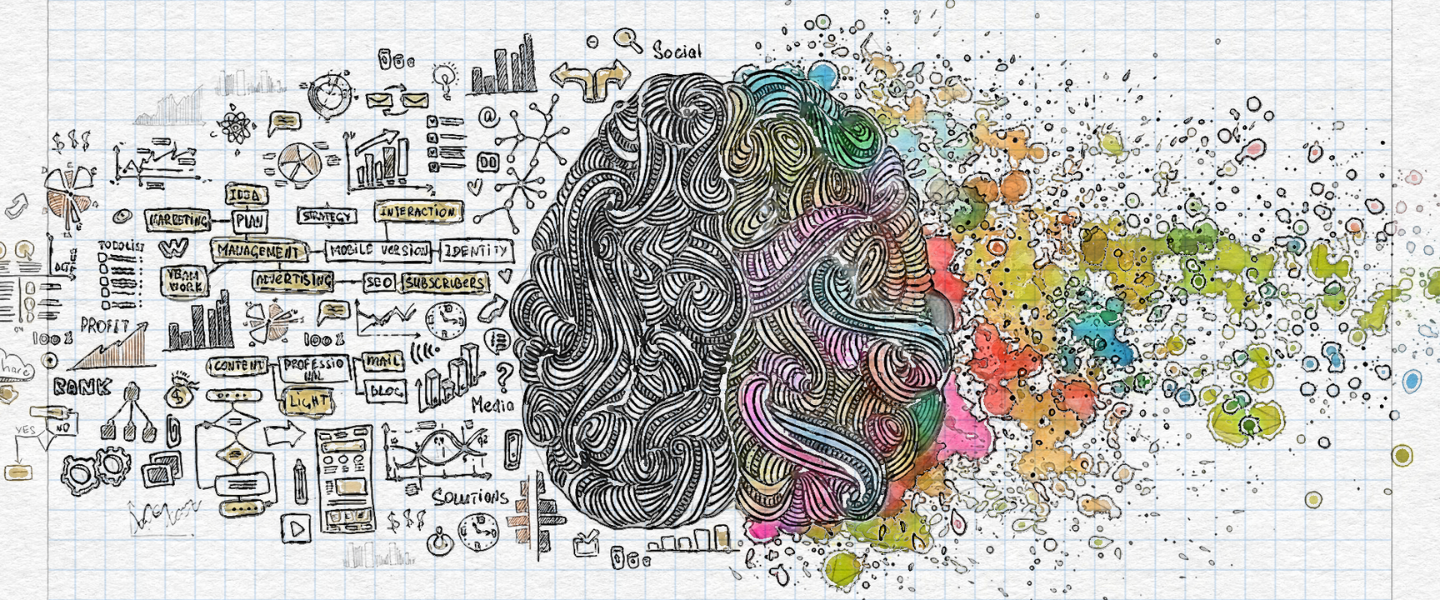“There is more hunger for love and appreciation in this world than for bread.”
–Mother Teresa
Recognition being a fundamental human need also holds immense strategic prominence within the organizational context. When employees are recognized and valued for their good work and achievements, their morale and productivity get a boost which in turn, positively impacts overall organizational culture and performance. Research further suggests that employees who receive frequent recognition are more likely to be highly engaged with their organization, maintain better relationships with their managers and peers, and are more aligned with organizational goals.
Recognition also helps employees see that their organization values them and their contributions. This is especially relevant in today’s dynamic ecosystem where organizations are continuously undergoing waves of change. Employees look forward to building some sense of security. Recognition imparts that sense by reinforcing their value to the company, encouraging them to continue their good work. Unfortunately, research by Harvard Business School showed that more than 80 percent of employees do not feel recognized or rewarded at work. Lack of recognition may prove costly; research by Forbes established that lack of recognition by managers is one of the biggest reasons for employees quitting their organizations. The rising number of employee resignations due to lack of recognition is compelling organizations to take employee recognition programs rather seriously.
The good part is – many organizations are realizing the direct impact of recognition on organizational performance and therefore, allocating separate budgets for the same to ensure the lack of budget is not the reason employee recognition programs fail. A recent forecast report on ‘employee recognition system market analysis’ posits that the Global Employee Recognition System Market size is valued at USD 11.1 Billion in 2021 and is projected to occupy a market size of USD 34.1 Billion by 2030. In India also, there has been an increased focus on Rewards and Recognition (R&R) programs; the share in spending is expected to grow from 20% in 2016 to 35% in 2025 of overall employee rewards spent.
Setting up a program for success
In the past couple of years, the nature of recognition programs has evolved and today employees want to be recognized and rewarded in innovative ways. The onus of designing and executing an impactful recognition program mostly lies with the HR heads, however, several questions come to the mind of HR heads that need to be addressed before rolling out any recognition program:
- How will the organization respond to the rollout?
- Will it have buy-in from the key stakeholders?
- Is the program well-aligned with other strategic priorities?
- Will there be sufficient budget allocated for the program?
- Will managers respond positively and encourage their teams to use it?
- What are some of the innovative and novel ways to recognize employees?
- Will the programs have the desired impact?
- How will I measure the impact of the program?
HR heads need to work in close conjunction with the ‘managers’ to ensure the success of recognition programs. While there are many reasons employee recognition programs may fail, one key reason is the manager.
Ascertaining the efficacy of recognition programs- successful or failing?
However, despite all the planning, and sufficient budget, it has been observed that the efficacy of recognition programs remains questionable; many programs start off well but their impact fizzles out mid-way and then these fall flat towards the end. There are myriad reasons for the failure of recognition programs; in this article, we will mainly focus on the role of managers, one of the most important factors determining the success or failure of these employee recognition programs and also one of the most cited reasons for employees quitting their jobs. Managers are critical members of the employee recognition process because they are the leaders who maintain the most constant contact with their team members. Why are managers the main reason employee recognition programs fail?
Manager’s lack of involvement and support
Managers hold the key to the successful planning and implementation of employee recognition programs. However, it has been observed that often line managers are not fully involved during the initial stages of the program; they are either busy handling other commitments or perceive these programs as yet another HR initiative. This skepticism and indifference cascades down to their team members and hence participation doesn’t happen wholeheartedly. It is advisable that HR heads involve managers right from the conception stage till the culmination of the recognition program. Also, their opinions should be sought and reservations should be addressed.
Manager’s dilemma- recognition vs. reward
Most organizations create a clear distinction between recognition and reward. While the responsibility of creating and implementing a good reward system (better bonuses, one-time incentives, individual and team awards, on-stage/event based/ trophies from senior leadership, gift vouchers, holiday packages, etc) lies with the HR team, the actual act of recognizing – who among the employees deserve the award, actually falls on the line managers. And that is where many organizations fail to recognize deserving performers from the pool of employees.
One way to ensure that the good performers are actually recognized is to actually take feedback from the larger ecosystem – direct managers, indirect managers, direct and indirect reports, clients, customers, vendors, etc. Unfortunately, most organizations take a shortcut by delegating the recognition part only to line managers who may or may not have the full knowledge about the actual performance of their direct reports, or in the worst case might have personal biases towards a few. This paves the way for the perceived lack of unfairness and dissatisfaction. Hence it is highly recommended to conduct employee performance reviews diligently to make an informed and well-rounded decision. Managers will also feel more accountable and objective. This will also promote a culture of fairness and equity.
Lack of team buy-in
It is often observed that employee R&R programs are conceptualized without taking any input from the employees, resulting in a lack of enthusiasm toward the program. It is important that managers explain and clarify the needs and objectives of any recognition program to its team members and conceptualize any program after a dipstick with the team members. Managers can collect team members’ inputs through pulse surveys which can then be shared with the HR team to come up with the most innovative program that sustains the interest of team members.
Inability to harness the power of technology
Inability to harness the power of technology: Recognition processes can get cumbersome and monotonous over a period of time. Work-force dynamics have also changed and we see younger and more tech-savvy employees entering the workplace placing different demands from the program. Managers need to put in some extra effort to make it interesting. By leveraging technology, managers can automate and digitize the operation-heavy processes. It is critical that the process is kept simple and intuitive so that employees are willing to take part in it.
Lack of personalized R&R programs
Lack of personalized R&R programs: Many managers think of recognition programs as a one-size-fits-all solution and thus employees’ preferences are not gathered while planning the programs. Today’s gen-z generation is very vocal about what they want. Some employees like public recognition, while others may prefer to go on a short trip while others may desire gift vouchers. Managers may acknowledge this and come up with a personalized program that would involve some ‘human touch’ to make team members appreciated and deeply valued.
Not measuring the impact of the program
You can’t fix what you can’t measure! If managers don’t know what’s working well vs. what they need to improve upon, the recognition program will become redundant and lose its fervor. Managers need to show the ‘Return on Investment (ROI)’ of these programs to their key stakeholders, including team members. Gathering real-time data and collecting employees’ feedback through formal pulse surveys or informal catch-ups will help establish causation.
The prime objective of employee recognition programs is to facilitate a culture of appreciation and recognition, and managers are the key components of this to ensure they do not fail. They need to be actively involved in the process from its inception till its culmination. With changes abound, employee recognition programs also need to evolve and adapt to the changing organizational priorities, technology, and employee preferences. HR partners as well as the manager need to work in tandem to ensure they do not become the reason employee recognition programs fail. They should invest in processes and tools that would streamline the recognition programs and invite more acceptance and active participation organization-wide.









